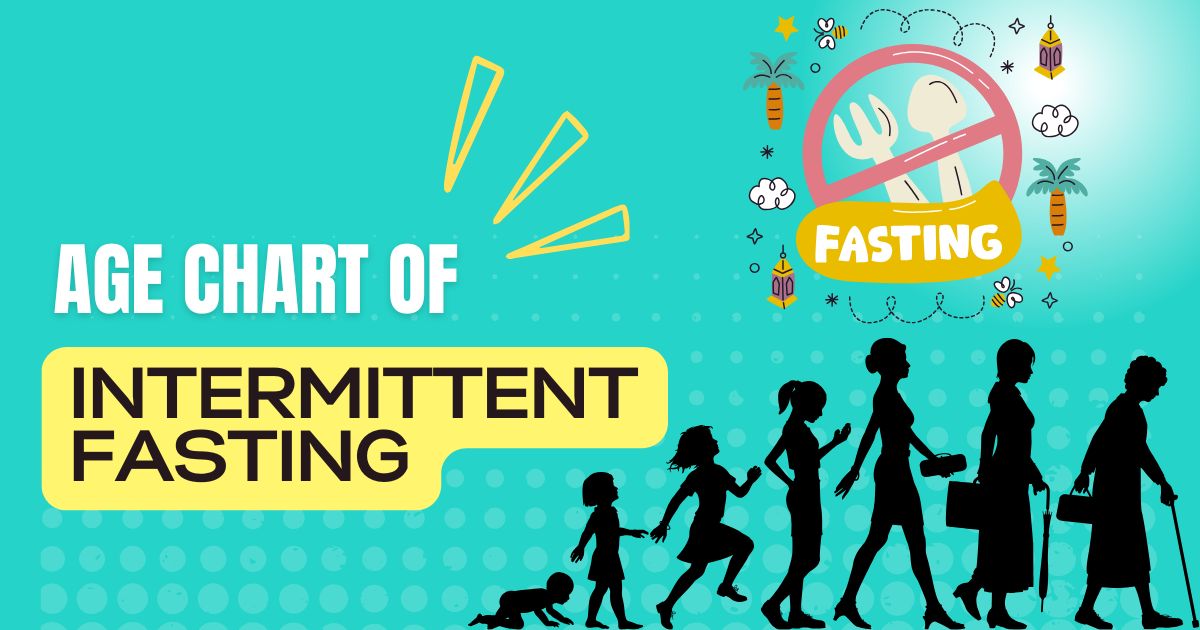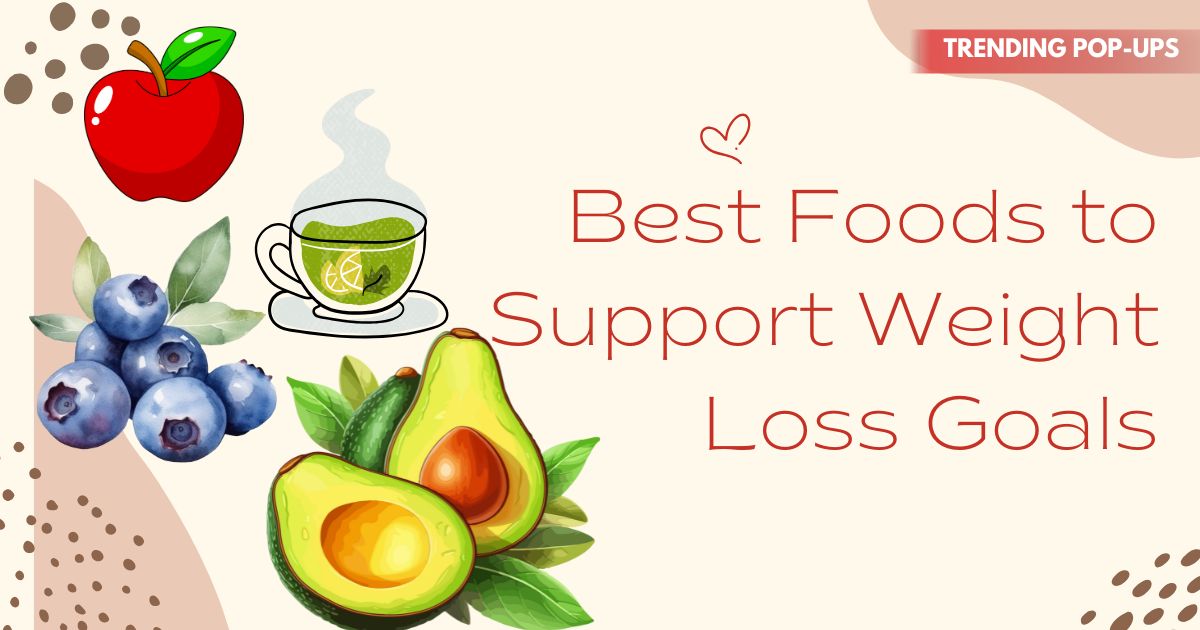Inflammation is your body’s natural defense mechanism against infection and injury. However, when inflammation becomes chronic, it can lead to serious health issues such as arthritis, heart disease, diabetes, and even certain cancers. The good news is that your daily diet plays a crucial role in reducing inflammation and protecting your overall health. By incorporating anti-inflammatory foods into your meals, you can naturally lower inflammation, boost immunity, and improve your long-term well-being.
In this article, we’ll explore the top anti-inflammatory foods you should eat every day, why they are effective, and how to easily add them to your diet.
Why Anti-Inflammatory Foods Are Important
Chronic inflammation damages tissues over time, leading to health problems. While medications can help in some cases, prevention through diet and lifestyle is the most effective approach. Anti-inflammatory foods are rich in antioxidants, healthy fats, vitamins, and minerals that neutralize free radicals, reduce stress on the body, and support cellular repair.
Making these foods a staple in your daily diet not only lowers inflammation but also improves energy levels, brain health, digestion, and heart function.
Top Anti-Inflammatory Foods to Include in Your Daily Diet
1. Fatty Fish (Salmon, Mackerel, Sardines)
Fatty fish are loaded with omega-3 fatty acids, specifically EPA and DHA, which are among the most powerful natural anti-inflammatory compounds. Studies show that omega-3s reduce inflammatory markers like C-reactive protein (CRP).
How to include: Eat grilled salmon, sardine salad, or mackerel curry two to three times a week.
2. Leafy Green Vegetables (Spinach, Kale, Swiss Chard)
Dark, leafy greens are packed with antioxidants, vitamins A, C, and K, and polyphenols that combat oxidative stress. They also provide fiber, which supports gut health, another key factor in reducing inflammation.
How to include: Add spinach to smoothies, kale to salads, or sauté greens as a side dish.
3. Berries (Blueberries, Strawberries, Raspberries)
Berries are rich in anthocyanins—antioxidants that reduce inflammation and oxidative stress. They also improve brain health and help regulate blood sugar.
How to include: Snack on fresh berries, add them to yogurt, or blend into smoothies.
4. Turmeric
Turmeric contains curcumin, a compound with strong anti-inflammatory and antioxidant properties. It works by blocking molecules that trigger inflammation in the body.
How to include: Add turmeric to curries, golden milk, or soups. Pair with black pepper for better absorption.
5. Olive Oil
Extra virgin olive oil is one of the healthiest fats, rich in monounsaturated fats and oleocanthal, a compound with anti-inflammatory effects similar to ibuprofen.
How to include: Use olive oil for salad dressings, sautéing vegetables, or drizzling over cooked meals.
6. Nuts and Seeds (Walnuts, Chia Seeds, Flaxseeds)
Nuts and seeds provide healthy fats, fiber, and antioxidants that reduce inflammation. Walnuts are particularly high in omega-3 fatty acids, while flaxseeds and chia seeds are great plant-based sources.
How to include: Sprinkle seeds over cereal, yogurt, or oatmeal, and snack on a handful of walnuts daily.
7. Green Tea
Green tea contains epigallocatechin gallate (EGCG), a powerful antioxidant that reduces inflammatory cytokines and protects cells from damage.
How to include: Drink 1–2 cups of green tea daily as a replacement for sugary beverages.
8. Tomatoes
Tomatoes are high in lycopene, an antioxidant linked to reduced inflammation, especially in the lungs and heart. Cooking tomatoes in olive oil boosts lycopene absorption.
How to include: Add fresh tomatoes to salads, make tomato soup, or cook pasta sauce with olive oil.
9. Ginger
Ginger contains gingerol, which has anti-inflammatory and antioxidant effects. It also helps with digestive issues, muscle pain, and arthritis symptoms.
How to include: Add fresh ginger to teas, stir-fries, or smoothies.
10. Dark Chocolate (70% or Higher)
Good-quality dark chocolate is rich in flavonoids, which reduce inflammation and protect cardiovascular health. However, moderation is key due to calorie content.
How to include: Enjoy one to two small squares of dark chocolate daily as a healthy treat.
Lifestyle Habits That Complement Anti-Inflammatory Foods
While food plays a central role, pairing these with healthy lifestyle choices maximizes benefits:
-
Exercise regularly to lower inflammatory markers.
-
Get enough sleep to support immune function.
-
Manage stress through meditation, yoga, or journaling.
-
Stay hydrated to help flush toxins from the body.
Sample One-Day Anti-Inflammatory Meal Plan
-
Breakfast: Oatmeal topped with blueberries, walnuts, and chia seeds.
-
Lunch: Grilled salmon with sautéed spinach and quinoa.
-
Snack: Green tea with a handful of almonds.
-
Dinner: Tomato and kale soup cooked in olive oil with turmeric and ginger.
-
Dessert: A small square of dark chocolate.
This simple plan shows how easy it is to integrate anti-inflammatory foods into daily eating.
Also Read : Intermittent Fasting: Does It Really Work?
FAQs
Q1: How quickly can I see results from eating anti-inflammatory foods?
While individual results vary, many people notice improved digestion, energy, and reduced joint pain within a few weeks of consistent dietary changes.
Q2: Can anti-inflammatory foods replace medication?
They can complement treatment but should not replace prescribed medication. Always consult a doctor before making significant health changes.
Q3: Are all plant-based foods anti-inflammatory?
Not all. While most fruits and vegetables have anti-inflammatory benefits, processed plant-based foods high in sugar or unhealthy oils can increase inflammation.
Q4: Is coffee anti-inflammatory?
Yes, coffee contains polyphenols that may reduce inflammation, but excessive caffeine can cause other health issues.
Q5: Can children benefit from an anti-inflammatory diet?
Absolutely. A diet rich in whole foods, fruits, vegetables, and healthy fats supports growth, immunity, and long-term health in children.



